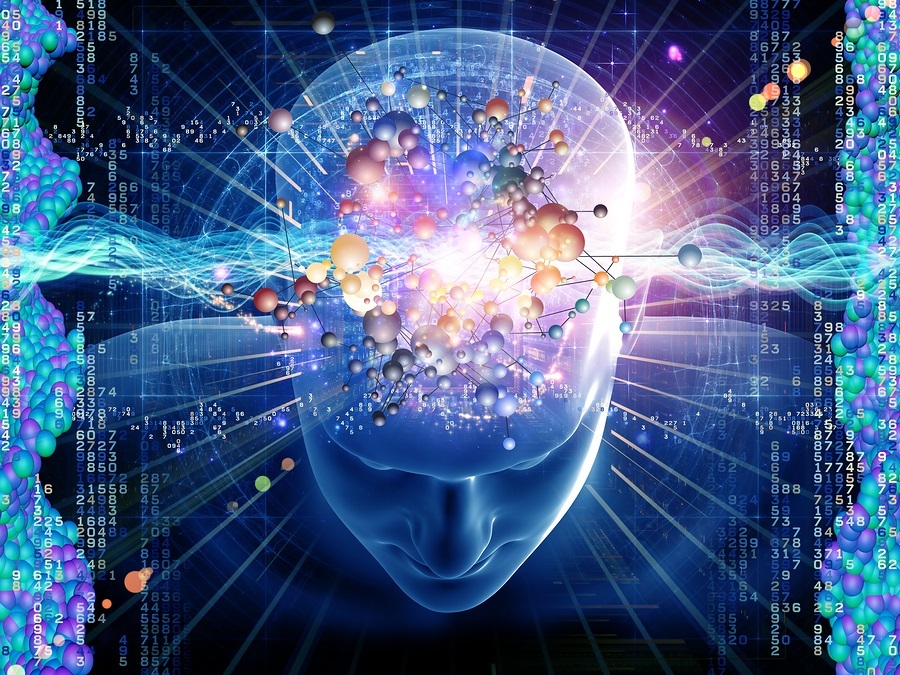Scientific “Proof” is a Myth: The Limitations of Science and the Medical Paradigm
Science has lifted us from the ignorance of the Dark Ages into the understandings we hold today. It has increased our standards of living, lengthened our life spans, and enriched our lives in every way. Music, the arts, our governments, our social customs, our religious beliefs, our educational institutions, our recreations, our modes of travel, our means of communicating, our working, our eating, our sleeping—all aspects of our culture have been transformed by the touch of technology. It is little wonder, then, that we have become conditioned to look to science for the solutions of all our problems and for the answers to life’s questions. But science, powerful as it is, is a false god. Awed by the spectacular material advancements science has brought us, we have come to expect more of science than it is capable of delivering. Many individuals, not recognizing the limitations of science, stand in expectation of results that will never come. Science does not have all the solutions. It does not have all the answers. It never has and it never will. The purpose of this article is to clearly present science for what it is—no more and no less. Many answers can be obtained by the scientific method, but there are many more that cannot. It is not my intent to destroy your faith in science. As a lifetime professional scientist myself, I am duly respectful of its potential. I am also aware of its limitations. When it comes to consideration of life in its fullness, these limitations are very great. Therefore, while I don’t want to destroy your faith in science, I do want to disturb it and to encourage you to question its validity as an approach to living. In order to clearly understand the limitations of science, one must first have a clear picture of what science is. Interestingly enough, there is a large fraction of scientists who do not have an accurate and complete picture of the boundaries of science. This might sound hard to believe, but it is true. It is entirely possible to practice science to a high level of success in obtaining useful, valid results, while at the same time never being fully aware of its limits. In an analogous way, it is entirely possible, if not common, for doctors to practice medicine without being aware of its limits. In fact, it is not at all uncommon for people to confuse medicine with science. And neither is it unusual for doctors to confuse science with technology. The practice of medicine, while it may be partially described as “applied technology,” is not a science. While medicine bases some of its practices on scientifically derived data, the practice of medicine is not, itself, a science. Medicine is a discipline of opinion where accepted standards of practice are determined by a consensus of the majority, not by the scientific method. The reason the limits of science are not widely recognized and understood lies in our educational systems, which train scientists and health care providers in how to exercise the methods of science and apply their results, but do not encourage a questioning of the fundamental assumptions behind the methods themselves. The purpose of medical training is unquestioning indoctrination, not cognitive education. It is to promote, protect, and apply the prevailing paradigm—not to question it.




